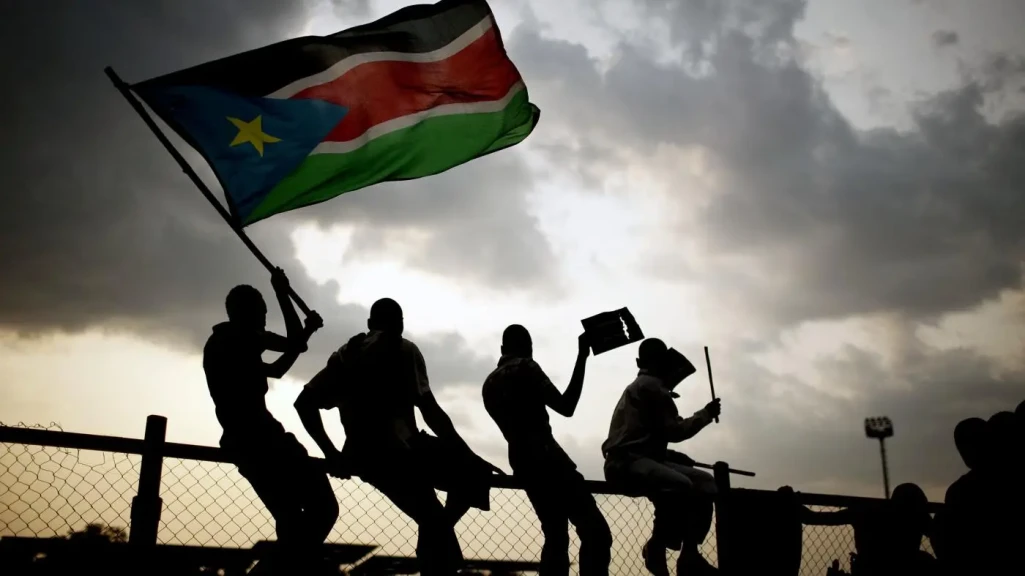
Residents of Ajak Kuac payam in Twic County, Warrap state; like most of the citizens across the country said the government has failed to protect the children whose fathers died fighting for the freedom of South Sudan.
They said their area is concentrated with cattle raiding, road ambushes and random killing and they lives experiencing lost of lives, human rights abuses against women and girls including destruction of properties due to the continual subnational conflict and the government failed to protect them and safeguard the freedom their fathers died for.
The people aired their grievances on Monday after the governor visited them to celebrate the 12th anniversary of South Sudan independence.
“We are not trusting the government because the government failed to respond to our call for help. The children whose fathers were killed for the independence of South Sudan are again kill in internal violence and this is something that the government knows” said Nyariec Madit, payam women leader.
They also said besides insecurity, some schools and healthcare centers in the areas are not functional and most of the pupils who were studying are no longer in school this year and health status of the people is not in the expected conditions.
According to South Sudan Population Estimation Survey 2021, Ajak-Kuac has a civil population of 40,000 people. This population now rely on one functional public health facility -Ajak Health center.
Other three health facilities and some schools closed down due to insecurity in the area leaving putting the lives of children mothers and the vulnerable members of the community in danger of diseases and illiteracy.
Chief Atem Madhiu said this is not what the heroes fought for.
“During our independence, Omar was asked to leave us to be an independent state because we need to live in freedom. Why is the government not doing the same?” Atem paused.
They blames lack of proper health services, schools and development on government failure to secure the land by deploying forces to provide security and allow other services be brought to the civil population especially women and children.
“Before we fought against Ngok Community, we wrote letters to the government but there was no quick response or intervention made by the government to avoid communal violence between us and Ngok. Failure in responding to the voice of the citizens was what brought serious fighting between us and our brothers in Abyei,” Atem added.
In a call for deployment of forces, another citizen recalled one scenario where the government forces intervened and asked them to do again.
“The time Twic armed youth fight against armed youth of Abyei and conquered Aneet, the soldiers of the government were brought and ordered Twic citizen to leave Aneet and was respected. It is because we need peace” He said
“People should be in peace. When there is good security in the area, there will be no fight,”
In response to the grievances, governor Maniem Bol pledged to share their complaints with the presidency in Juba citing that they were tasked by the president to address insecurity in the states and he will work on these concerns.
“We the people who have been appointed to govern the people, we are the one not following the constitution. You are not the one. All of us the governor of Warrap, Unity and Lake state, we were called to be interrogated on the security matters in our states. What I will present in front of the president is your statements you told me here” Maniem said.
Since the conflict erupted in 2013, South Sudan has continued to experience of violence range from cattle raids, communal conflict, road ambushes and revenge killing across the country.
With the slow progress of the country’s implementation of the 2018 peace deal between the government and the opposition groups, it is yet to deploy the first batch of the unified forces to safeguard civilians safety and their properties 10 months later since they were graduated in August last year.